Producer’s Pride Prairie Chicken Coop, 6 to 8 Chicken Capacity, Cedar
Provide your chickens a place to nest with the Producer’s Pride Prairie Chicken Coop. The durable chicken coop comfortably houses up to 8 chickens and features an extended roosting bar, providing more space for your chickens without the threat of predators.
Provide your chickens a place to nest with the Producer’s Pride Prairie Chicken Coop. The durable chicken coop comfortably houses up to 8 chickens and features an extended roosting bar, providing more space for your chickens without the threat of predators. This chicken coop also comes with predator-resistant door latches for added safety.
- Reinforced thick wood panels for durability
- Predator-resistant door latches for safety
- Ideal for fitting 6 to 8 chickens comfortably
- Extended roosting bar provides more space for your chickens
Additional information
| Coop/Hutch Type | Standard coops |
|---|---|
| Door Height | 37.9 in. |
| Door Width | 27.1 in. |
| Features | Reinforced thick wood panels for durability |
| Primary Finish | Powder-Coated |
| Foraging or Run Area Length | 59 in. |
| Foraging or Run Area Width | 42.5 in. |
| Frame Material | Wood |
| Location of Doors | Front |
| Nesting Area Length | 14.75 in. |
| Nesting Area Width | 10.2 in. |
| Number Of Doors/Openings | 4 |
| Number Of Levels/Stories | 1 |
| Number of Nesting Areas | 3 |
| Number Of Ramps | 0 |
| Number of Roosting Bars | 2 |
| Primary Color | Brown |
| Product Height | 55.9 in. |
| Product Length | 115 in. |
| Product Weight | 163 lb. |
| Product Width | 53.1 in. |
| Recommended Number of Animals | 6 to 8 |
| Roof Material | Wood |
| Roof Style | Sloped |
| Wall Material | Hemlock |
| Manufacturer Part Number | 170709 |

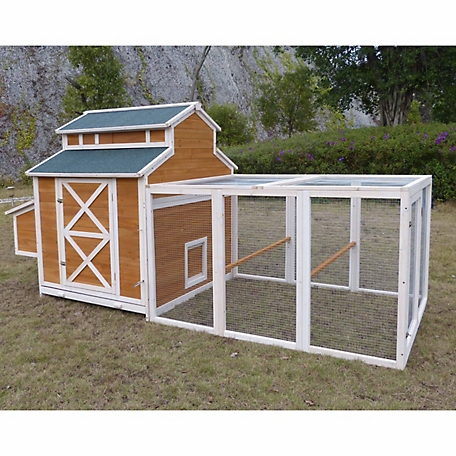
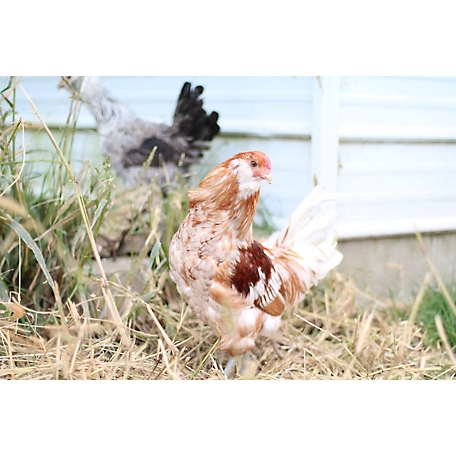
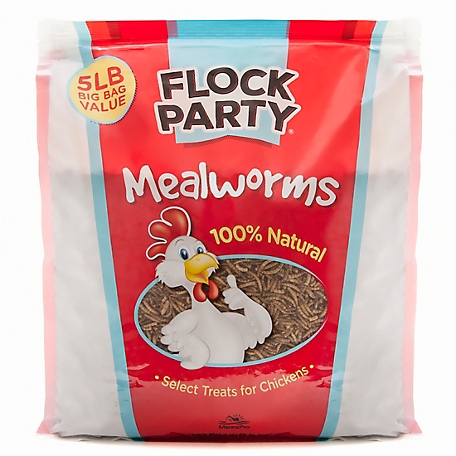
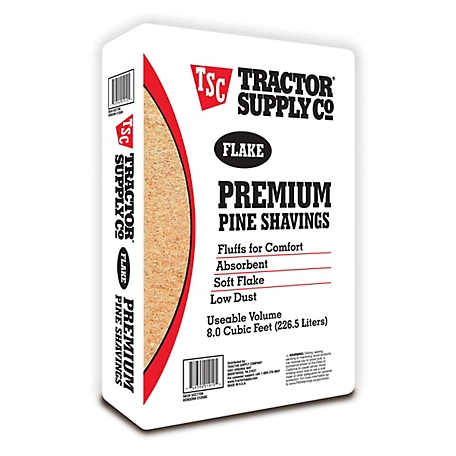
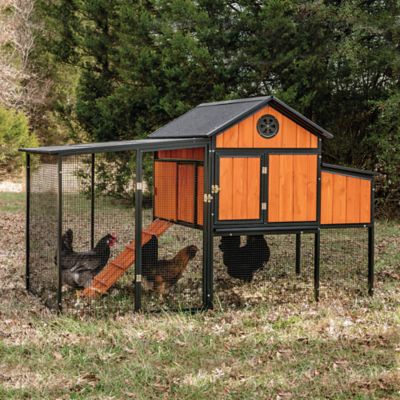
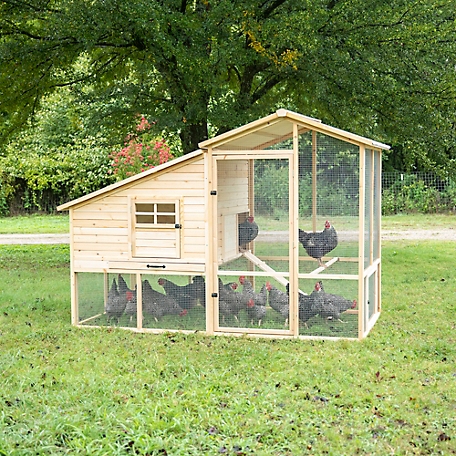
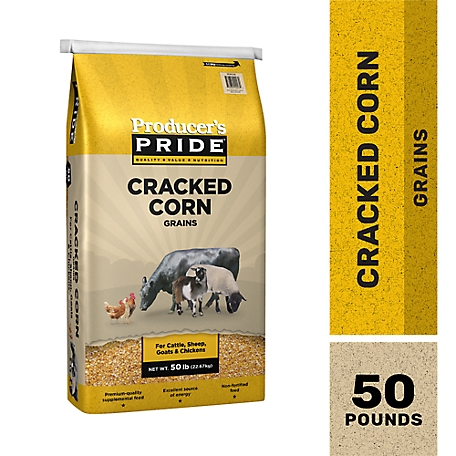
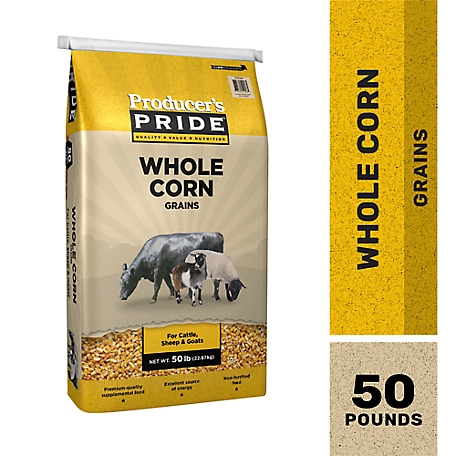
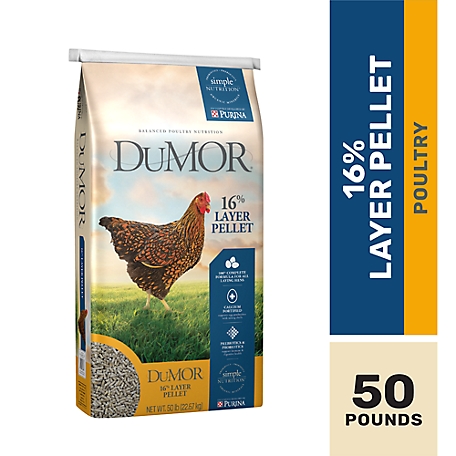
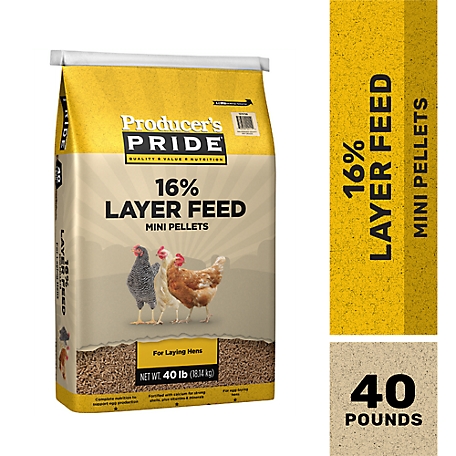
by Deese
There were several warped pieces but my Husband made it work. What was he suppose to do take back down after all that work and send it back. Overall ot looked nice. Im sure my new 3 ducks Uno, Butters and Darcy will love it as soon as they are old enough to use it.
by Tina
Perfect for our chickens. Bigger than expected.
by Francis
It was easily assembled, and has worked well for brooding the chicks that will occupy it.